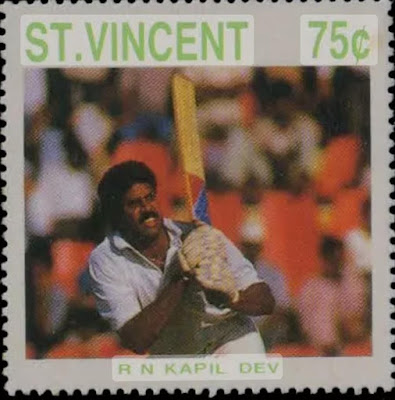Vallathol Narayana Menon (1878-1958) was a prominent Indian poet and a leading figure in the Malayalam literary renaissance. Here's a brief note about him:
Vallathol Narayana Menon was born on 16 October 1878, in the village of Chittur in the Palakkad district of Kerala, India, and he passed away on 13 March 1958. He is widely regarded as one of the most influential and celebrated poets in Malayalam literature.
Vallathol was a key figure in the literary and cultural revival of Kerala during the early 20th century. He co-founded the Kerala Kalamandalam, an institution dedicated to the preservation and promotion of traditional art forms, particularly Kathakali. He also played a significant role in the founding of the magazine "Saraswati," which became a platform for writers and artists to contribute to the cultural rejuvenation of Kerala.
His poetry was marked by its lyrical and emotional depth, often addressing themes of love, nature, and social issues. Vallathol's poetry also demonstrated his commitment to the upliftment of the underprivileged and the spread of education. His notable works include "Ramanan," "Magdalana Mariyam," and "Baliapalika."
Vallathol Narayana Menon's contributions to Malayalam literature and his efforts to revive traditional art forms in Kerala have left a lasting legacy. He is remembered not only for his poetic genius but also for his dedication to cultural preservation and social reform.


.jpg)



